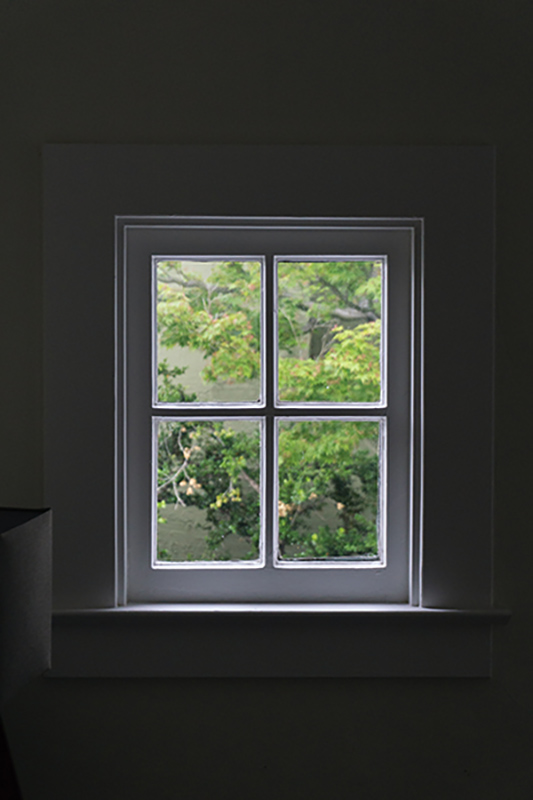Protecting Children And pets From Window Falls
After a long winter, it is hard to resist the urge to fling open the windows and invite
in spring’s warmer temperatures. But, families should remain watchful to ensure small
children and pets do not fall out of an open window.
spring’s warmer temperatures. But, families should remain watchful to ensure small
children and pets do not fall out of an open window.
“While it might be difficult to imagine, children and pets fall out of open windows more than people may realize,” said Gina Peek, Oklahoma State University Cooperative Extension housing and consumer specialist. “It can happen to any child or family pet at anytime.”
In fact, the U.S. Consumer Product Safety Commission indicated an average of eight children age 5 and under die annually as a result of falling out of windows and 3,300 sustain injuries from window falls.
“The purpose of window screens is to keep out pests and bugs. They aren’t designed to prevent a child or family pet from a potential window fall,” Peek said.
There are a number of easy, low-cost precautions parents can take to keep children and pets safe.
For instance, develop a habit of keeping the windows closed and locked when children are around or only opening windows that are out of reach for small children.
Double-hung windows should be only opened at the top, if possible.
Also, arrange furniture, such as beds and cribs, away from windows to discourage children from playing or climbing near windows.
According to the “Safe Kids World Wide 2015 Report to the Nation: Protecting Children in Your Home,” about 70 percent of parents surveyed said they never used window guards or stops to prevent windows from opening. However, installing these safety devices can provide an extra layer of security against accidental falls.
Coming in a range of sizes and adjustable for width, window guards can be screwed into the sides of window frames and feature bars spaced no more than 4 inches apart. Window stops only allow windows to open 4 inches or less, no matter whether they open from the bottom, top or side.
“If you decide to use window guards or window stops, be sure they can be easily opened by an adult or older child in case of an emergency such as a fire,” Peek said.
For more information about window safety, contact the county Extension office, visit the CPSC or the National Safety Council.
